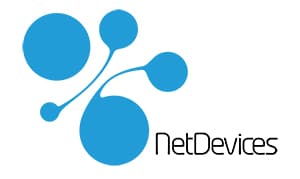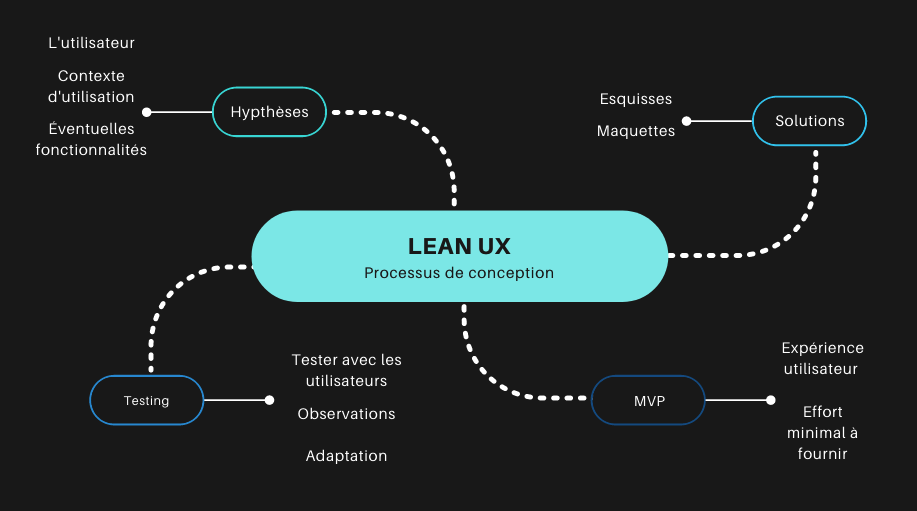Two different languages
NetDevices compare Flutter & React Native. Until recently, React Native, based on JavaScript, was the undisputed market leader. The mobile development library fills the gap with true native applications. It also shares common ground with React.jsthe world's most popular web development tool.
However, Facebook's React mobile development library faces stiff competition from Google's Flutter. The latter is a framework based on Dart, the programming language of today's largest search engine.
React Native & Flutter are excellent cross-platform mobile development toolkits. Both have their strengths and come with their own challenges which, on the whole, have nothing in common.
A slight advantage for Flutter
However, when it comes to specific application examples. Flutter has a slight advantage when a application requires extensive communication with the underlying hardware of a mobile device. Flutter is also a fairly comprehensive toolbox. It provides just about everything you need to develop a application mobile application. The extensive library, ready-to-use widgets and design principles make development faster and simpler. This means there's little room for error UX .
More flexibility with React Native
React Native relies heavily on third-party libraries, and applications are built from smaller components. This allows greater flexibility and creative scope. Particularly when it comes toUX and page layout. But it also means a greater risk of error and a greater investment of time.
What's the best solution for developing application ? Technologically, it's difficult to give an answer. Rather, it depends on the field ofapplication and the complexity of theUX.
At NetDevices we master both technologies, as well as no-code.
Not sure which technology to use for yourapplication mobile project? Please contact us.
Here's a useful link: https://dzone.com/articles/flutter-vs-react-native-how-to-choose-the-best-hyb

